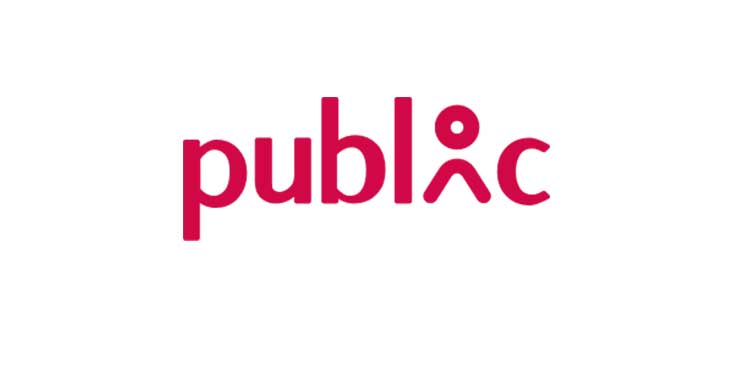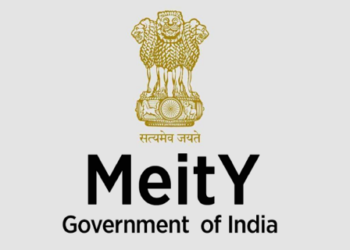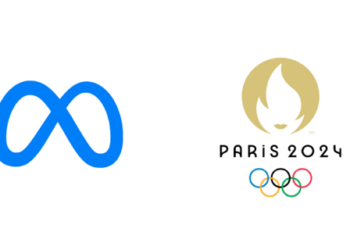In January 2021, India kicked off the world’s largest Covid-19 vaccination drive to vaccinate its nearly 90 crore eligible population. According to recent data, over 65 crore total doses have already been administered. However, we still have a long way to go before achieving the target to vaccinate the entire adult population by December 31 as set by the central government.
To examine the extent of vaccine hesitancy, location-based social network Public conducted the Public Ki Awaaz Poll. The poll garnered a total of 9,14,164 responses.
Trust & Willingness To Get The Vaccine
According to the aggregate estimates, a large chunk of respondents considers it safe to take the vaccine. Around 72% strongly agree that the vaccines are safe & effective and over a majority of 60% respondents believe that Indian vaccines are at par with foreign Covid-19 vaccines. 1/4th of respondents (25%) also said that they’ve already been vaccinated with both the doses.
Although the majority of respondents favoured vaccines, the survey showed that 18% of respondents still haven’t received even a single dose while 8.8% were definite about not taking the vaccine at all. A meagre 4% strongly expressed their mistrust against the vaccines.
Where Does The Hesitancy Stem From?
The most cited reason for not getting vaccinated is the potential risk of getting side effects (34%). According to the WHO, like any vaccine, Covid-19 vaccines too can cause mild, short term side effects that go away within a few days. More serious/long-lasting side effects are possible although extremely rare.
As per the findings, other factors that lead to vaccine hesitancy are lack of trust (20%), health concerns (14%) and never having taken any vaccine (11%).
Building Confidence
Strong confidence in the vaccines leads to more people getting vaccinated, which leads to fewer Covid-19 illnesses, hospitalisations, and deaths. People’s confidence in vaccines is influenced by a number of factors. According to the poll, both community and institutional encouragement are essential in this regard. 24% of respondents said that their confidence in the efficacy of vaccines is based on the recommendations of friends and family, while 25% said that they’ll go by the word of healthcare experts.
Information Is Crucial
As per CDC, educating people about vaccines, including how they were developed and their intense safety monitoring, and how you can talk to others about the vaccines helps inculcate confidence. The vitality of information is indicated in the responses of the participants as 23% hold the view that access to more information on the vaccines can help shore up confidence.
And where do they get their updates on the vaccines from? According to the findings, a whopping majority of 59% respondents get their information from the media (social media, TV, radio etc) whereas 15% rely on government ads. Around 13% also said that they depend on friends and family, while 11% cited other sources as means of obtaining information.
















